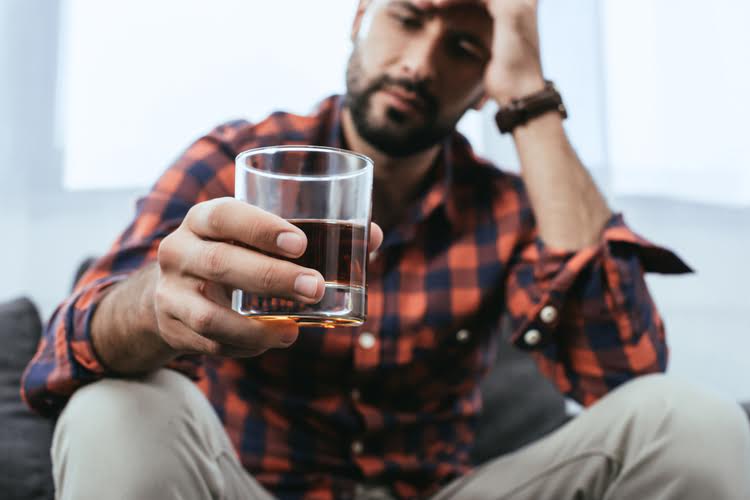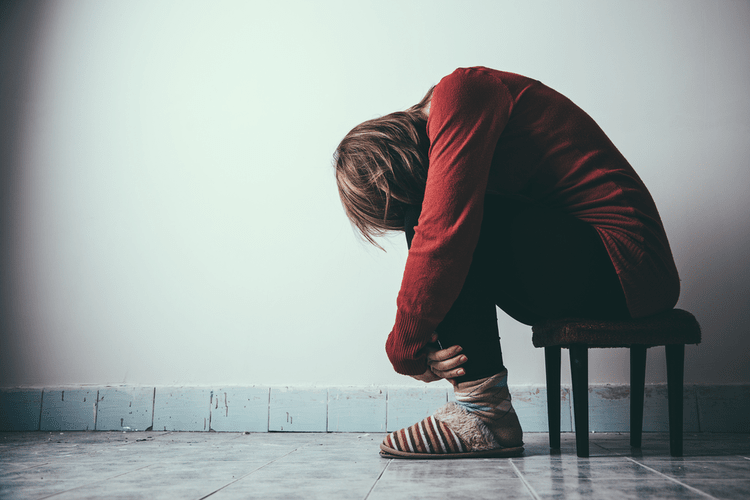Being active or exercising before bed can promote sleep by increasing your level of fatigue. Exercise can increase endorphins, the brain chemicals that improve mood and relaxation. Additionally, consuming alcohol right before bed increases your chance of waking up to use the restroom at night and experiencing parasomniac behaviors such as sleepwalking. Falling asleep and getting a full night’s rest are real problems that need to be managed effectively to maintain sobriety. Thankfully, sleeping without alcohol is an achievable goal if you follow several recommended strategies.
Cut Down the Amount You Drink
If you’re in recovery and having sleep problem, it’s important to discuss the situation with your doctor. There are medications, behavioral therapies, and other approaches your doctor can recommend. For example, the liver, harmed by excessive alcohol, can start healing.
Being Compassionate May Help You Sleep Easier At Night
As is true for learning any skill, learning not to drink can require not only time and effort but also guidance and support. If you are curious about changing your relationship with alcohol, I created this free 30-Day toolkit to help you cut down on drinking. After years of drinking alcohol on a regular basis, not drinking it can’t sleep without alcohol is a new skill. Therefore, it’s nothing but normal for us to go through the same ups and downs as learning any other skills and experiencing a wide range of emotions in the process. Alcohol and sleep loss from previous nights of alcohol insomnia can trigger or worsen anxiety, and anxiety can make it much harder to drift off.

Good Sleep Linked to Longer Life

If you have an alcohol dependence problem, you could be going through withdrawal. When it comes to insomnia and alcohol withdrawal, sleep disorder can be a huge danger for two reasons. Firstly, an inability to sleep is a danger to a person’s health.
- Alcohol’s impact on sleep is particularly notable in the second half of the night.
- And insomnia may increase your risk of relapse when you quit drinking.
- However, it is also important to note that many people experiencing insomnia during withdrawal and recovery also had insomnia before they became dependent on alcohol.
- Since insomnia is merely a symptom of biochemical imbalance caused by prolonged drinking and/or withdrawal, there is no one-size-fits-all approach.
- Seeking professional help from a sleep specialist or therapist can also provide personalized guidance and support in overcoming the reliance on alcohol for sleep.
- The consumption of alcohol is widely recognized for its initial sedative effects, yet its impact on sleep is far from restorative.
Treating Co-Occurring Insomnia and Alcohol Addiction
You’re also more likely to wake up through the night, and experience fewer periods of deep sleep. Your routine before bed is how you tell your body and brain it’s time to switch off. Some people feel like they can’t sleep without having a hot bath, others rely on soothing teas. Whatever anxieties,demands or pressures are making you think you need alcohol to fall asleep – Subconsciously takes you away from it all. Put it on at bedtime and you’ll become immersed in soporific indulgence. Try programmes during the daytime and you’ll feel like a new person.
- Instead, turn on a soft bedside lamp and read a book until tiredness washes over you.
- I recommend to my patients drinking two to three times a week.
- For the treatment of either disorder to be effective, both insomnia and substance abuse should be addressed together.
- Although there’s no evidence that alcohol can cause narcolepsy (sleepwalking), it does disrupt REM sleep, which may make the onset of sleepwalking more likely.
- Whether you’re affected directly or indirectly by sleep issues, we’re here to help.